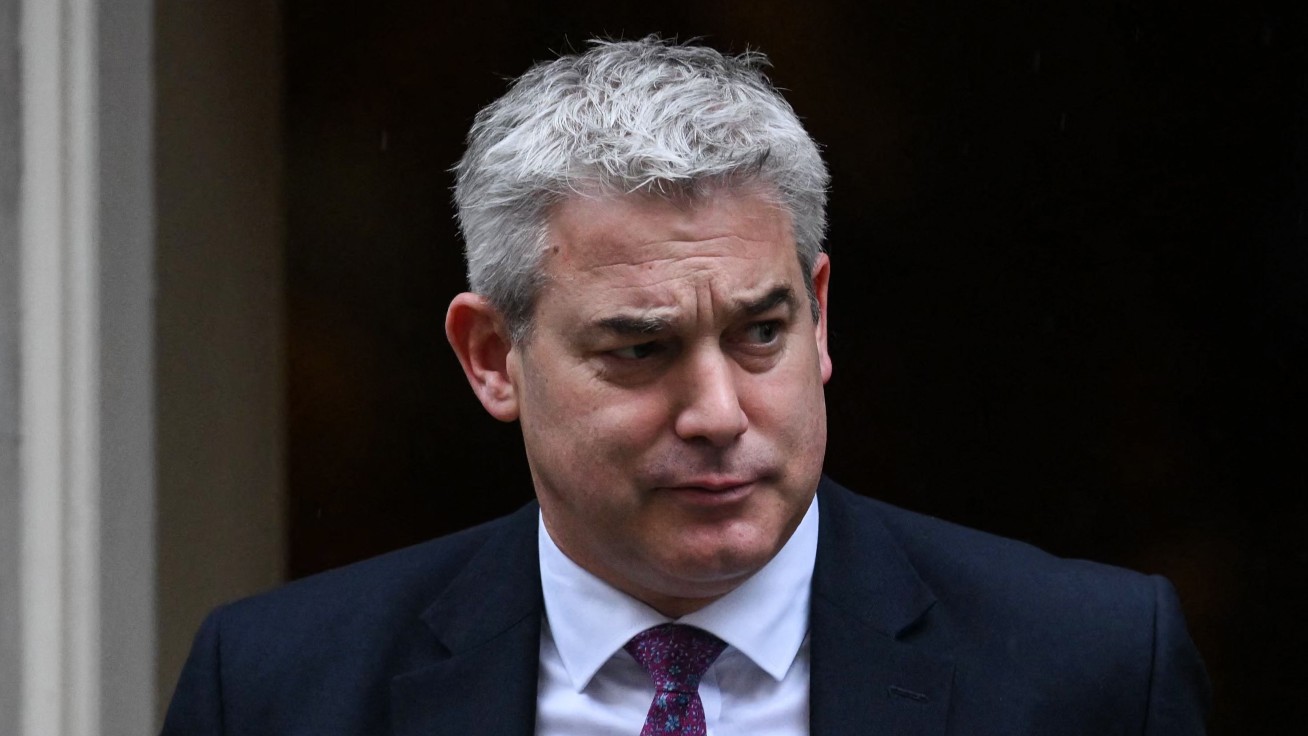Why is the weekly death toll at its highest since lockdown?
Flu, delays and missed diagnoses blamed for high number of deaths

A free daily email with the biggest news stories of the day – and the best features from TheWeek.com
You are now subscribed
Your newsletter sign-up was successful
The number of excess deaths in England and Wales has reached its highest since the second wave of the Covid-19 pandemic two years ago.
Office for National Statistics (ONS) data revealed that there were 17,381 deaths in the week ending 13 January, a 19.5% increase on the five-year average of 14,544.
Compared to February 2021, when the number of deaths was this high, Covid-19 only accounts for around 5% of fatalities compared to 37%.
The Week
Escape your echo chamber. Get the facts behind the news, plus analysis from multiple perspectives.

Sign up for The Week's Free Newsletters
From our morning news briefing to a weekly Good News Newsletter, get the best of The Week delivered directly to your inbox.
From our morning news briefing to a weekly Good News Newsletter, get the best of The Week delivered directly to your inbox.
A number of MPs have already “called for an investigation” into the excess deaths, said The Telegraph, with the government accused by Labour of being in “denial” about the figures.
What did the papers say?
There are “multiple factors” at play, said The Times, including “a flu wave, ambulance delays, NHS waiting lists and missed heart disease and cancer diagnoses during the pandemic”. Senior doctors have warned that excessive A&E waits were “killing hundreds of people”, it added. NHS statistics showed that a record “54,000 severely ill patients spent at least 12 hours on a trolley in hospital corridors” awaiting treatment, while “half of all patients” were not treated within the four-hour target.
Ealier this month the Royal College of Emergency Medicine (RCEM) warned that delays to emergency care could be causing as many as 500 deaths per week, the London Evening Standard reported. However, that figure was “disputed” by NHS bosses.
Paul Hunter, a professor of medicine at the University of East Anglia, told The Telegraph that the rise is “due to an increase in Covid deaths” and “probably down to flu as well”. He agreed that many of the excess deaths “may be because of problems in getting into hospital as an emergency”, but he couldn’t say if strike action by NHS workers was “directly responsible” for any deaths.
A free daily email with the biggest news stories of the day – and the best features from TheWeek.com
The number of people dying at home, instead of in hospital or in a care home, remains high, data suggests. Stuart McDonald, head of longevity and demographic insights at LCP Actuaries, told Sky News that this could be “attributed to NHS delays”, but “it can also be attributed to patient preference”.
More people during the pandemic “decided they wanted to live out their final days at home”, he added, while the increase in working from home has “allowed more people to give full-time care to seriously ill relatives”. He said that the rise in sudden deaths at home was “more concerning”, indicating that many would be down to an increase in ambulance waiting times, which have “been over an hour rather than the 18-minute target”.
What next?
Shadow health minister Andrew Gwynne has accused Health Secretary Steve Barclay of using “denial and buck-passing” to avoid taking responsibility, The Mirror reported. Speaking in the Commons, he called Barclay “part man, part ostrich” for “burying his head in the sand on addressing a surge in excess deaths”.
In response, Conservative MP Maria Caulfield said there were “clinical reasons for excess deaths, not political ones” and that the UK was “mid-table in Europe for mortality figures”.
The government has not directly outlined a response to the latest excess deaths, but Rishi Sunak has said there are plans to ease the crisis by “increasing bed capacity”, increasing the number of people “cared for at home” and “providing new funding to discharge people into social care”.
Richard Windsor is a freelance writer for The Week Digital. He began his journalism career writing about politics and sport while studying at the University of Southampton. He then worked across various football publications before specialising in cycling for almost nine years, covering major races including the Tour de France and interviewing some of the sport’s top riders. He led Cycling Weekly’s digital platforms as editor for seven of those years, helping to transform the publication into the UK’s largest cycling website. He now works as a freelance writer, editor and consultant.